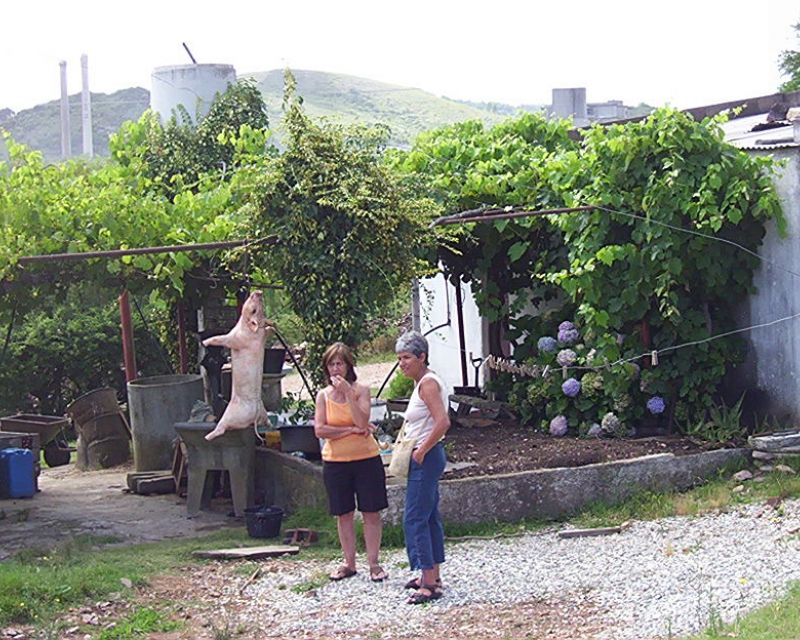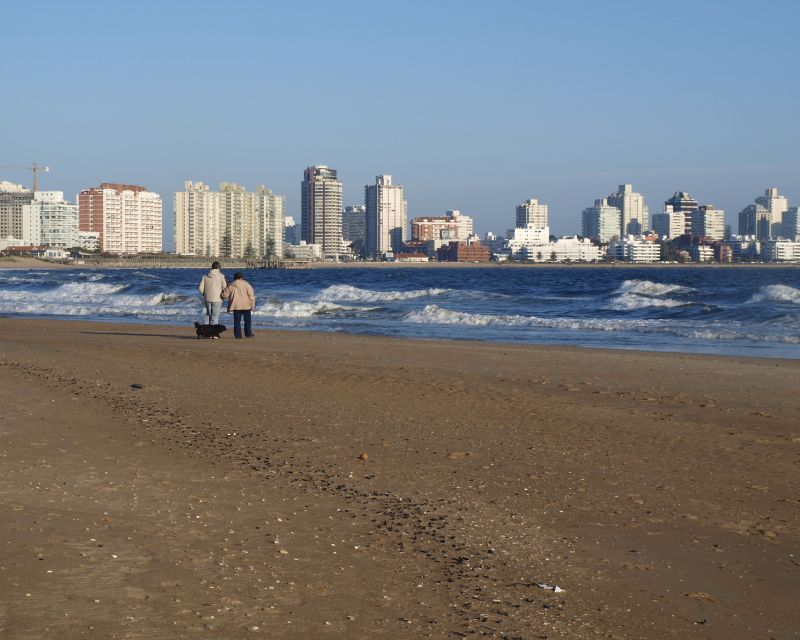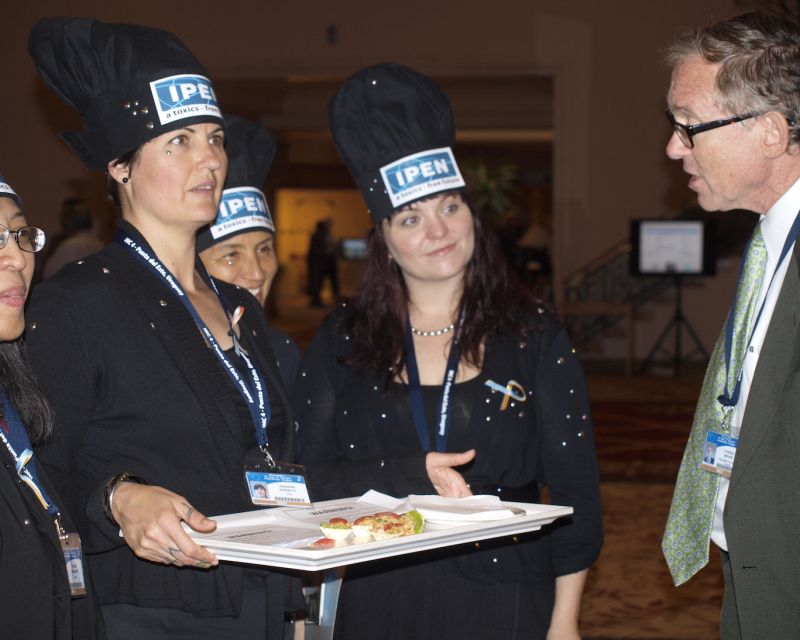 Uruguay, located in the middle of South America, is one of its smallest states. On the other hand, it has a relatively stable democratic establishment. Over 90 percent of Uruguay's population lives in cities. It is therefore a very urbanized country, but still has not avoided many of the typical problems of South American countries, such as the environmental impact of mining, the chemical industry or cement plants, emitting toxic substances into the environment, and last but not least the growing problem of waste.
Uruguay, located in the middle of South America, is one of its smallest states. On the other hand, it has a relatively stable democratic establishment. Over 90 percent of Uruguay's population lives in cities. It is therefore a very urbanized country, but still has not avoided many of the typical problems of South American countries, such as the environmental impact of mining, the chemical industry or cement plants, emitting toxic substances into the environment, and last but not least the growing problem of waste.
In Uruguay, Arnika cooperates mainly with the non-governmental organization RAPAL, originally focused primarily on pesticides and organic farming. In January 2005, the organization took samples of eggs from free range hens from the vicinity of a cement plant operating in Minas. Increased concentrations of toxic substances measured in these eggs by the Czech laboratory helped to detect illegal combustion of oils containing toxic substances, specifically polychlorinated biphenyls (PCBs). This was the beginning of a long-standing collaboration that brought more information about toxic substances in the environment of this South American country. Working together has helped the country to implement international conventions and protect the environment.
Most of the projects were made possible by the international IPEN network and, in recent years, by the support of the Swedish government.






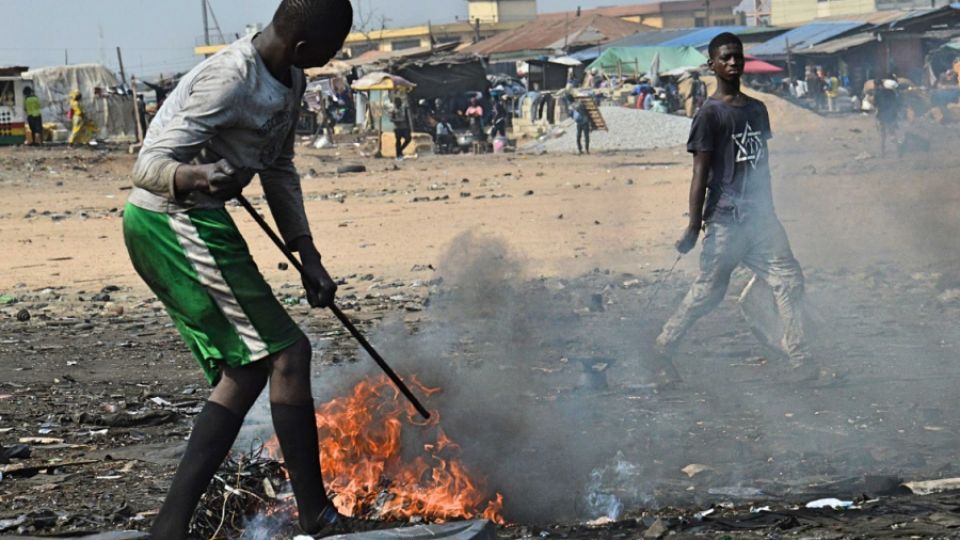
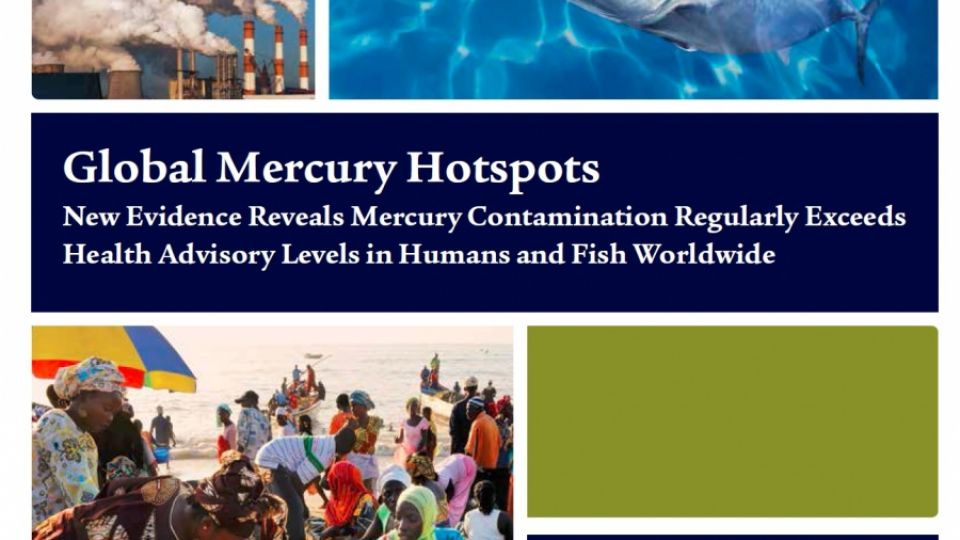
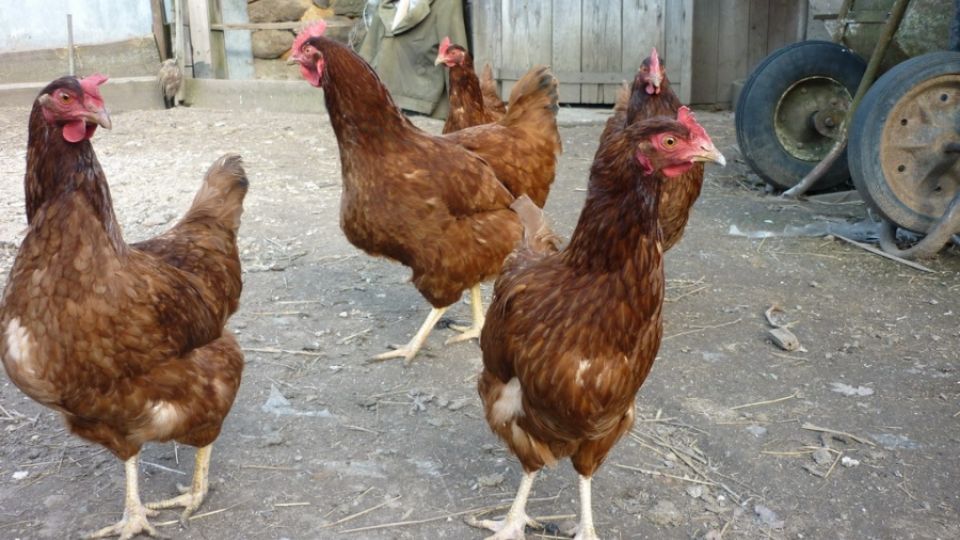
 Uruguay, located in the middle of South America, is one of its smallest states. On the other hand, it has a relatively stable democratic establishment. Over 90 percent of Uruguay's population lives in cities. It is therefore a very urbanized country, but still has not avoided many of the typical problems of South American countries, such as the environmental impact of mining, the chemical industry or cement plants, emitting toxic substances into the environment, and last but not least the growing problem of waste.
Uruguay, located in the middle of South America, is one of its smallest states. On the other hand, it has a relatively stable democratic establishment. Over 90 percent of Uruguay's population lives in cities. It is therefore a very urbanized country, but still has not avoided many of the typical problems of South American countries, such as the environmental impact of mining, the chemical industry or cement plants, emitting toxic substances into the environment, and last but not least the growing problem of waste.